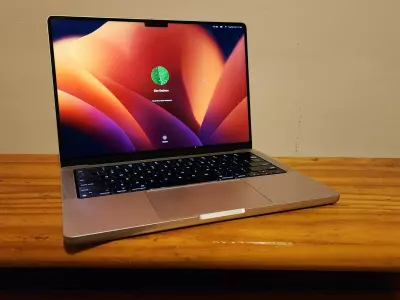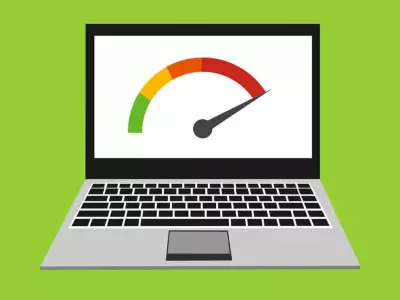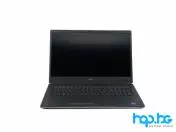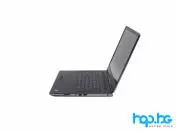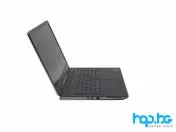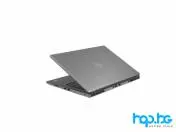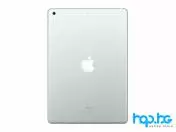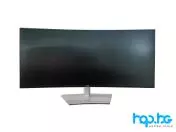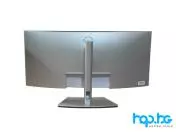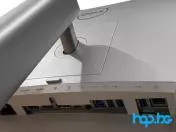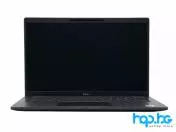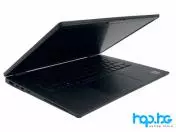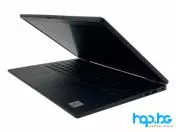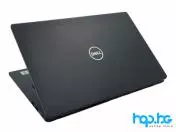Big Computers Are Becoming Obsolete - Hop.bg #8

Hello! Hello again! Today we're in our standard composition, as every time, and today's topic is quite interesting. It's dictated by your inquiries again and daily questions in our facilities, namely the types of computers, what to choose, what we'll use it for, and whether it will serve our needs. These are quite interesting questions, which actually lately have seen the differences and performances in computers becoming somewhat blurred.
Let's start a bit further back to choose what types of computers we actually have. So, the main criteria by which we determine the type of computer are firstly the size itself, what you see, we've presented some of the types to you, the size of the chassis, which is the most important, the computer's intended purpose, what we'll use it for, and whether we have the possibility for upgrading the hardware configuration itself.
So, first, according to size, we have standard - we have desktop computers, which are designed to sit horizontally on the desk itself, and now representatives of the smallest variant, which are Small Form Factor and Ultra Small Form Factor.
Actually, this is what's been most relevant in recent years, both in business and... These are the most commonly seen, in many environments, yes. The most common ones we can see every day, whether in offices, banks, various institutions, and so on.
I think it's a small compact machine that doesn't compromise on anything. The case is exactly this, not with a low-energy processor, and the performance of this machine, which fits 20 times in the size of the large one, is the same.
If you're making coffee, files, processing, you have a computer. Yes, you save space. I personally would still prefer this if I'm only using it for that. Very often at home it can be placed behind a TV, not visible at all, can be used with the TV as a computer. The performance, as we said, depending on the models, can approach and be the same as a standard Tower computer. Yes, some of them have built-in Wi-Fi.
Everything comes down to what the application of the computer itself will be, what the person needs the machine for. What they'll use it for. We can add two more categories here that we haven't covered in the first listing, but they will be the subject of the next video. These are gaming machines and workstations, stationary workstations, but there we can say quite a lot about each of these groups, and they are completely different machines that are quite individually profiled.
So, let's focus on these, we want to remind you to hit the bell, to subscribe to our videos and our channel to stay informed about each new video.
Exactly. Let's begin. Now we'll try to emphasize the advantages and disadvantages of each of the models we've laid out before you visually. We start naturally with the tower in numerical order. The tower, where I'm interrupting you a bit, I don't believe anyone hasn't had such a computer sometime in their life at home. Everyone has encountered, had dealings with such machines. These are some of the first representatives of computers.
The fact that before they were a bit whiter. Yes, yellow. And heavier. I don't know them, to have, but that's what you tell me. You've seen them. You've seen them. So, let's address these that are with us. The advantages, what can we highlight as an advantage?
At first glance, the size of the chassis, the box itself. We have the possibility for upgrading. We can put different components, different power supplies, different video cards. We have more space for a larger motherboard or board, as we like to call it in our circles.
And for better cooling. Yes, efficient cooling is... One of the key, one of... One of the key significances for these computers to
Previous post Next post




